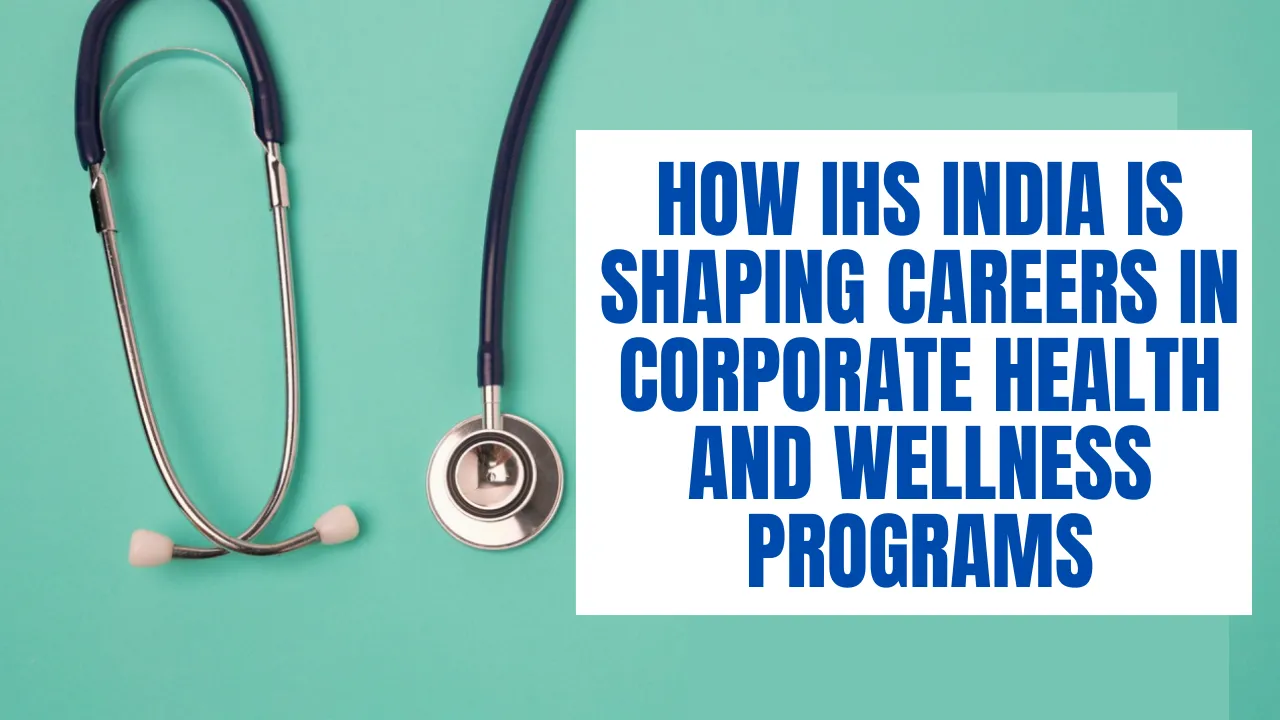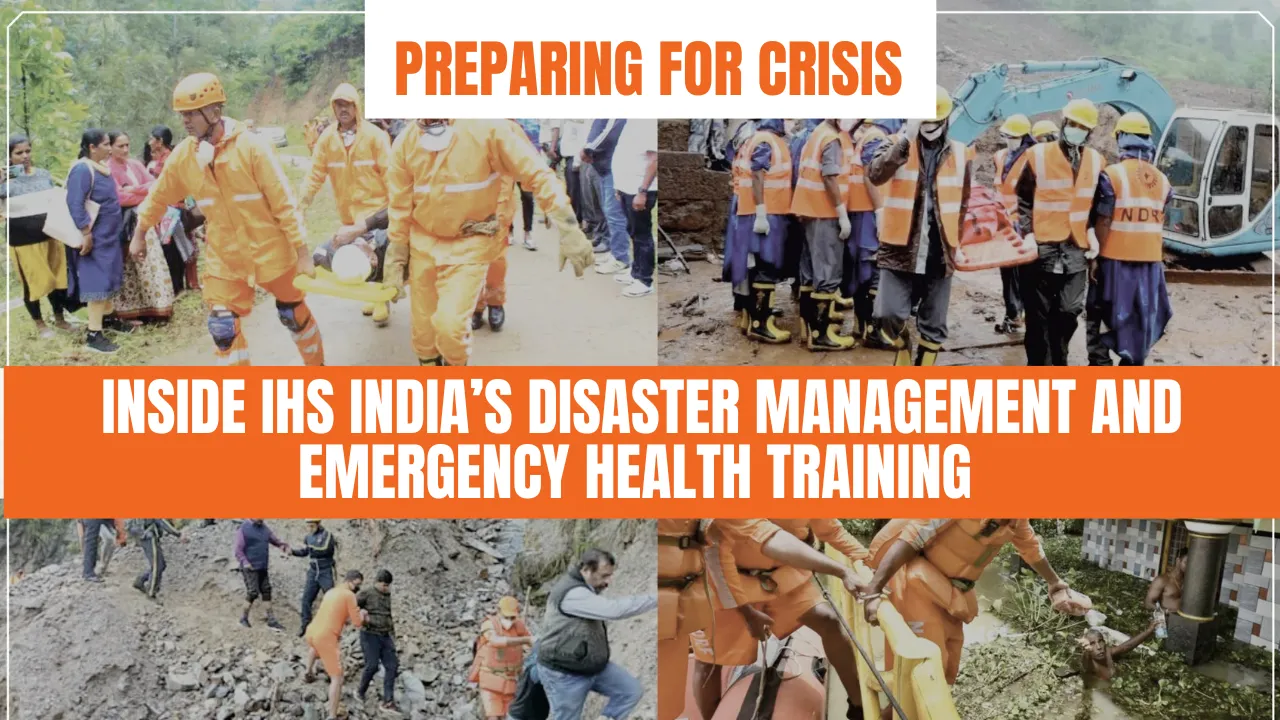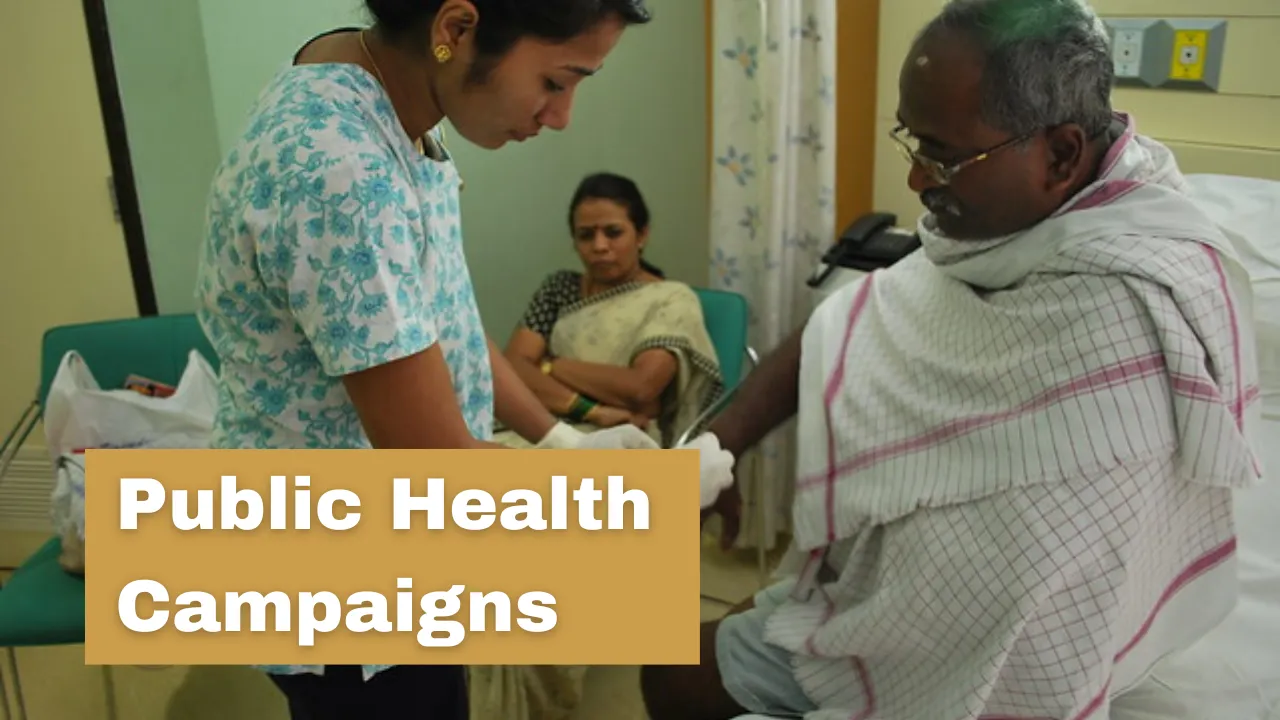Ethical practices in allied health professions are the invisible threads that hold patient trust, quality of care, and professional integrity together. In a rapidly evolving healthcare landscape, particularly in India, where the allied health sector is witnessing significant growth, ensuring that future professionals are ethically grounded has never been more important. Institutions like IHS India are stepping up to this challenge with focused strategies aimed at shaping morally responsible and professionally competent healthcare workers.
This article explores the role of IHS India in fostering ethical awareness among its students enrolled in various healthcare training programs. From foundational classroom instruction to real-world clinical practice, it details how the institute integrates ethical education across stages. By doing so, IHS India not only ensures regulatory compliance but also builds a culture where students understand, value, and apply ethical behavior in healthcare environments.
The Role of Ethical Practices in Allied Health Professions
Understanding the importance of ethical practices in allied health professions is essential in today’s healthcare sector. Professionals such as medical lab technicians, physiotherapists, radiology assistants, and emergency care providers frequently interact with patients, often in high-stress or sensitive situations. Ethics in these roles ensures respectful communication, confidentiality, informed consent, and clinical accuracy. IHS India recognizes that ethics is not a one-time lesson but a lifelong commitment. That’s why it instills these principles from day one, ensuring students develop a consistent moral compass that guides their decisions in both academic and clinical settings.
Overview of IHS India’s Ethical Training Framework
| Training Element | Description |
| Classroom Ethics Curriculum | Foundational knowledge on healthcare ethics, patient rights, and integrity |
| Role-Playing Exercises | Practical scenarios for applying ethical decision-making |
| Supervised Clinical Work | Monitoring real-time patient interactions |
| Feedback and Reflection | Continuous guidance and improvement through evaluations |
| Technology and Ethics | Digital privacy, patient data protection, responsible tech use |
Why Ethics Matters in Allied Health
The importance of ethics goes beyond passing a course or checking a regulatory box. In allied health roles, ethics shape how professionals handle situations that are not covered by medical facts alone. For instance, a radiology technician might face a situation where a patient expresses discomfort due to cultural or personal reasons. Knowing how to respond empathetically and respectfully is not a technical skill—it’s an ethical one.
At IHS India, the leadership understands this delicate balance. The institute crafts its courses to go beyond theory, bringing real patient-centered care into the spotlight. Students are taught to think before they act, and to act with both compassion and precision. Ethical behavior in healthcare isn’t just good practice—it saves lives, protects institutions, and builds public trust.
How IHS India Teaches Ethics
IHS India uses a structured, immersive approach to ethics education. The curriculum starts with basic principles such as dignity, respect, autonomy, and justice. Students explore topics like informed consent, data confidentiality, end-of-life decisions, and cultural sensitivity through discussions and interactive case studies.
A unique feature at IHS India is its emphasis on peer learning. Small group discussions allow students to hear diverse perspectives on moral dilemmas, encouraging critical thinking and empathy. Instead of simply being told what is “right,” students are guided to reflect, question, and understand why certain actions matter.
Furthermore, instructors at IHS India use examples drawn from their own professional experiences. These real-world insights not only engage students but also prepare them to navigate the often gray areas of healthcare ethics.
Integration of Ethics in Clinical Training
No classroom discussion can fully replicate the complexities of real-world clinical work. That’s why IHS India bridges the gap between theory and practice by integrating ethical training into clinical rotations. During their practical placements, students are assessed not just on their technical competence but also on how they treat patients, follow protocols, and uphold confidentiality.
Clinical supervisors provide real-time feedback, correcting inappropriate behavior and reinforcing ethical conduct. Students are encouraged to ask questions when they face unfamiliar or morally complex situations. This dynamic mentorship creates a safety net that nurtures growth without fear of judgment.
This method ensures that students do not simply follow rules, but deeply internalize ethical standards as habits and professional values.
Key Values Promoted at IHS India
- Patient-Centered Care: Training students to make decisions that prioritize patient safety, dignity, and comfort.
- Confidentiality: Educating students about respecting privacy, especially with sensitive health records and personal conversations.
- Cultural Sensitivity: Encouraging respect for different backgrounds, beliefs, and languages in healthcare delivery.
- Professional Integrity: Emphasizing honesty in diagnosis, documentation, and patient interaction.
These values are not added later in the curriculum—they are foundational and woven into every subject, exam, and clinical task.
Benefits of Ethics Training for Students and Society
The benefits of instilling ethical practices in allied health professions are both individual and societal. For students, strong ethical foundations improve employability and workplace relationships. Employers recognize the value of team members who can be trusted with confidential information and sensitive patient care.
From a societal perspective, ethical allied health workers contribute to a more humane, equitable, and effective healthcare system. They reduce risks, increase patient satisfaction, and support public trust in institutions. Ethics thus becomes a multiplier of both quality and trust.
Two Major Areas of Focus
1. Building Trust through Communication
- Teaching how to listen actively to patient concerns and fears
- Training in how to explain complex procedures in simple, compassionate terms
- Emphasizing the power of non-verbal cues and respectful body language
2. Handling Ethical Dilemmas
- Developing structured decision-making skills for complex situations
- Providing tools to evaluate risks, benefits, and rights involved
- Teaching when and how to escalate ethical concerns to supervisors or committees
How Ethics Aligns with Career Growth
In healthcare, ethical behavior is often the invisible differentiator that shapes long-term career paths. Employers consistently report that reliability, responsibility, and integrity are top traits they seek. IHS India’s training ensures that graduates do not just “know” ethics, but live it.
Whether applying for a government hospital role, working in private labs, or exploring research careers, ethically sound professionals are more likely to be promoted, retained, and respected. Ethics isn’t just moral—it’s professional.
Technology and Ethics at IHS India
As technology increasingly enters healthcare—from electronic records to AI-based diagnostics—ethics evolves. IHS India stays ahead by integrating digital ethics into its training. Students learn how to handle patient data securely, avoid misinformation, and use technology responsibly.
This ensures that future healthcare workers remain ethical not just in person, but also in digital practice. In an age where a breach of privacy can have serious consequences, these skills are essential.
FAQs
1. What does IHS India teach about ethics in allied health?
IHS India provides a comprehensive ethics curriculum including real-life case studies, role-playing, and clinical supervision.
2. Why are ethical practices important in allied health professions?
They help ensure safe, respectful, and high-quality care for patients, while also building trust in healthcare systems.
3. How does IHS India combine ethics with clinical training?
Ethics are integrated into every clinical rotation, with mentors providing real-time feedback on patient interactions.
4. Can ethical training improve job opportunities?
Yes, professionals known for ethical behavior are often trusted more and are offered better roles in the healthcare industry.
5. Does IHS India cover modern ethical challenges like data privacy?
Absolutely. Their curriculum includes digital ethics, ensuring students understand how to handle patient data and modern tech responsibly.
Conclusion
The future of healthcare in India depends not just on skilled hands but also on principled minds. By deeply embedding ethical practices in allied health professions, IHS India is shaping a new generation of healthcare professionals who are technically sound and morally strong. This dual foundation is what the healthcare system urgently needs.
Ethical training is not an optional module—it’s a core part of what defines professional excellence. Institutions, employers, and patients all benefit when healthcare workers uphold high moral standards. If you’re exploring a career in healthcare or simply value compassionate, trustworthy care, understanding the ethical journey starts here. Let us know your thoughts or experiences below, and don’t forget to check out more of our articles on healthcare education and career growth.







